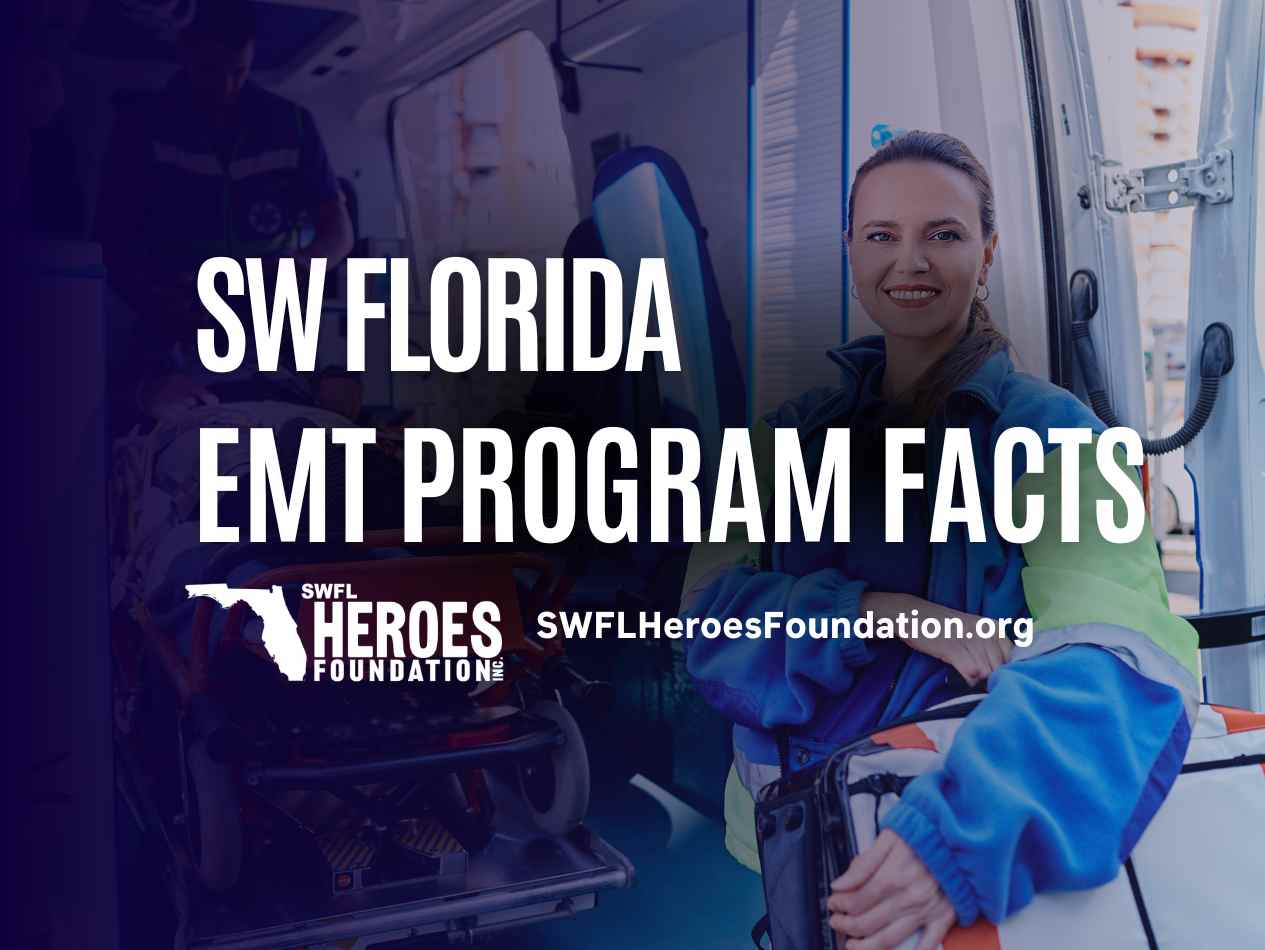What Are the Requirements to Become a Police Officer?
Thinking about a career in law enforcement? Police officers play a critical role in public safety, community outreach, and crisis response. But becoming a police officer isn’t as simple as applying and getting a badge. In the United States, each state has a Commission on Peace Officer Standards and Training (POST) or a similar agency that outlines baseline requirements for entry into the profession. Individual departments often add their own specific standards on top of those.
This guide breaks down what you need to know—from education and citizenship to fitness and background checks—so you can confidently prepare for a future in policing.

Police Officer Requirements
Citizenship and Residency Requirements
Most police departments require applicants to be U.S. citizens, although some will consider lawful permanent residents depending on state law. It’s important to verify with the department you’re applying to before submitting your application.
Some cities and counties also have residency requirements. This means you may need to live within city limits or agree to relocate after being hired. While not all departments enforce this, it’s worth confirming up front, especially if you’re moving from another region.

Minimum and Maximum Age Requirements
Most agencies require applicants to be at least 18 or 21 years old by the time they graduate from the academy. The maximum age limit varies widely, and some departments have no age cap at all. Don’t assume you’re too old to become a police officer—many departments value life experience and maturity.
Age policies can impact academy acceptance and retirement eligibility, so it’s smart to ask about both minimum and maximum age rules when researching different departments.
Police Officer Requirements
Driver’s License and Driving History
You’ll need a valid driver’s license to apply. A clean driving record is also important—especially if you’ll be operating a patrol car. Multiple moving violations, DUIs, or reckless driving charges can disqualify candidates.
Some agencies may ask for your full driving record during the background check. Be upfront about any issues, and be prepared to explain them if necessary.
Physical Fitness Requirements
Most police departments require you to pass a physical agility or fitness test before entering the academy. These tests often measure your strength, endurance, flexibility, and cardiovascular capacity.
Typical fitness tests include:
Timed runs (usually 1.5 miles)
Push-ups (minimum count in 1-2 minutes)
Sit-ups or crunches
Obstacle courses
Preparing for this test is critical—many recruits fail out before training even begins due to lack of preparation. Some departments provide fitness prep guides or sample workouts in advance.
Police Officer Requirements - Background Check and Disqualifiers
Police officers are held to a high ethical standard, and your background will be reviewed thoroughly. Disqualifiers may vary by department but generally include:
Felony convictions (adult or juvenile)
Serious misdemeanors involving violence, sexual misconduct, or perjury
Recent illegal drug use
Dishonorable military discharge
Poor financial history
Domestic violence convictions
Gang affiliations
Lying during the application process
Tattoos that depict hate symbols or offensive content
While some issues—like an old speeding ticket—may be overlooked, honesty is key. Many departments are more concerned about recent behavior than past mistakes, but lying or omitting details will nearly always lead to disqualification.
Police Officer Requirements - Medical and Psychological Screening
Before you can officially join a department, you’ll need to pass both medical and psychological evaluations. These tests ensure you’re physically and mentally prepared for the demands of police work.
Medical exams typically include:
- Vision and hearing tests
- Drug screening
- Cardiovascular checks
- Musculoskeletal evaluations
Psychological evaluations often involve written tests, interviews with a licensed psychologist, and assessments of your emotional stability, stress tolerance, and decision-making skills.
Police Academy Training
Once accepted, recruits must complete an approved police academy program. The curriculum is intense and includes classroom instruction, physical conditioning, firearms training, defensive tactics, ethics, and emergency response.
Academy length varies but usually ranges from 16 to 24 weeks. Training concludes with exams and practical skills evaluations. Upon graduation, you’re eligible for state certification and can begin field training with a department.
In Florida, for example, aspiring police officer requirements include completing the Florida Law Enforcement Academy, which follows curriculum standards established by the Florida Department of Law Enforcement (FDLE).
Do You Have to Go to College to Be a Police Officer?
You do not need a traditional four-year college degree to become a police officer, but you absolutely do need formal training—and that training typically happens at a state-certified police academy.
Most agencies require a high school diploma or GED to apply, but acceptance into law enforcement also means completing a structured police academy program. These academies are intense and include hundreds of hours of training in topics such as criminal law, ethics, physical conditioning, firearms training, emergency vehicle operation, de-escalation and defensive tactics. This is the real foundation of your policing education.
While a degree isn’t mandatory across the board, college can give you a competitive edge—especially when applying to federal law enforcement roles or for promotions. Criminal justice is the most common major for aspiring officers, but degrees in psychology, sociology, communications, and social work are also relevant to policing.
Many departments also offer tuition assistance or pay incentives for officers who earn college credits while on the job.
If you live in Southwest Florida and are eligible, you may qualify for a scholarship to help cover police academy costs. Learn more about available opportunities on the SWFL Heroes Foundation Scholarship Page.
Join the mission through your gift of any amount.
We value the next generation of leaders by providing scholarships and educational support to our future community heroes.
Let’s do this together! Your gift of any amount is appreciated.




